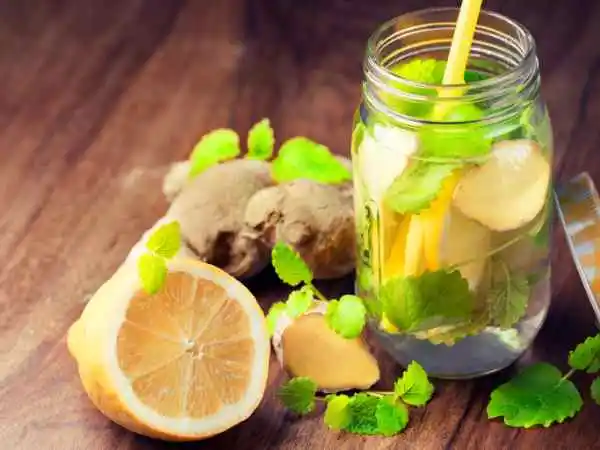One difficult but necessary step in beating opioid addiction and regaining your health and well-being is detoxifying your body from opioids. The process of opioid detoxification entails removing opioids from your body while safely and efficiently treating the symptoms of withdrawal. This post will talk about five strategies to assist you in starting the process of opiate detoxification and getting well.
1. Seek Professional Guidance:
It is essential to obtain expert advice from medical specialists skilled in treating opioid addiction prior to beginning any detoxification procedure. Throughout the detox process, a medical detox program run by qualified experts at a drug rehab in Austin or an area near you, can guarantee your safety and help. Medical professionals can evaluate your specific needs, offer medicine to control withdrawal symptoms and keep a careful eye on your development. They can also provide advice on how to progressively taper off opioids to lessen discomfort and lower the possibility of problems, resulting in a more seamless transition to sobriety. Consulting a professional not only improves the efficacy and safety of the detoxification process but also offers priceless resources and support for long-term rehabilitation.
2. Gradually Reduce Opioid Use:
Sudden cessation of opioid usage may result in significant withdrawal symptoms, which will increase the difficulties and pain of the detoxification process. Rather, think about lowering your dosage of opioids gradually while being supervised by a healthcare professional. Your body can acclimate to lesser dosages when you taper off opioids gradually, which lessens the severity of withdrawal effects and improves your chances of a successful detox. A more tolerable detoxification process may be ensured by your healthcare professional creating a tapering schedule specifically designed for you, which progressively lowers the amount you take over time while keeping an eye on your progress and modifying the plan as necessary. People can lessen the severity of symptoms of withdrawal and improve their chances of making a full recovery by lowering their opioid use gradually.
3. Stay Hydrated and Nourished:
Maintaining adequate hydration and nutrition during opioid detoxification is essential to promoting your body’s natural detoxification processes and reducing pain. Staying hydrated and removing toxins from your body are two benefits of drinking lots of water over the day. Dehydration can worsen withdrawal symptoms. Eating a diet rich in vitamins, minerals, and antioxidants, along with other nutrients, is also important for maintaining general health and well-being. A diet rich in fruits, vegetables, lean meats, and whole grains restores nutrients lost during detoxification and facilitates healing, allowing for a more efficient and successful recovery process. Making diet and hydration a priority during detoxification not only promotes physical health but also improves mental clarity and emotional stability.
4. Practice Self-Care and Relaxation Techniques:
The physical and psychological effects of opioid detoxification can be severe, which emphasizes the value of making self-care and relaxing practices a top priority. Relaxation and anxiety reduction are facilitated by including practices like yoga, lengthy breathing exercises, meditation, and gentle exercise into your everyday routine. It is possible to heal and recover from the symptoms of opioid addiction by giving your body time to relax and replenish itself. Having sympathetic, encouraging, and emotionally available friends and family members around you will make it much easier for you to get through the difficulties of detoxification. Throughout the detox process, people can enhance their general well-being and handle stress more skillfully by engaging in self-care and relaxation activities.
5. Explore Alternative Therapies:
To aid in your opioid detoxification process, take into account investigating complementary and alternative therapies as well as holistic treatments. Herbal supplements, massage treatment, chiropractic adjustments, and acupuncture are examples of alternative therapies that can aid with withdrawal symptoms, lessen cravings, and improve general health. These therapies address the mental, emotional, and spiritual components of addiction rehabilitation in addition to medical detoxification. To guarantee a thorough and individualized approach to cleansing and recovery, speak with your healthcare physician about alternative treatment choices and which ways could be helpful for you. Alternative treatments can improve your general health and raise your chances of making a full recovery by being incorporated into your detoxification program.
Conclusion
One of the most important steps in beating opioid addiction and obtaining long-term recovery is detoxifying your body of opioids. You may decrease suffering throughout the detoxification process and assist your body’s natural detox processes by practicing self-care and relaxation methods, obtaining expert help, progressively reducing opiate usage, remaining hydrated and nourishing, and investigating alternative therapies. Recall that while opioid detoxifying is a difficult process, you can effectively rid your body of opioids and start the healing process if you have the correct help, resources, and willpower.

